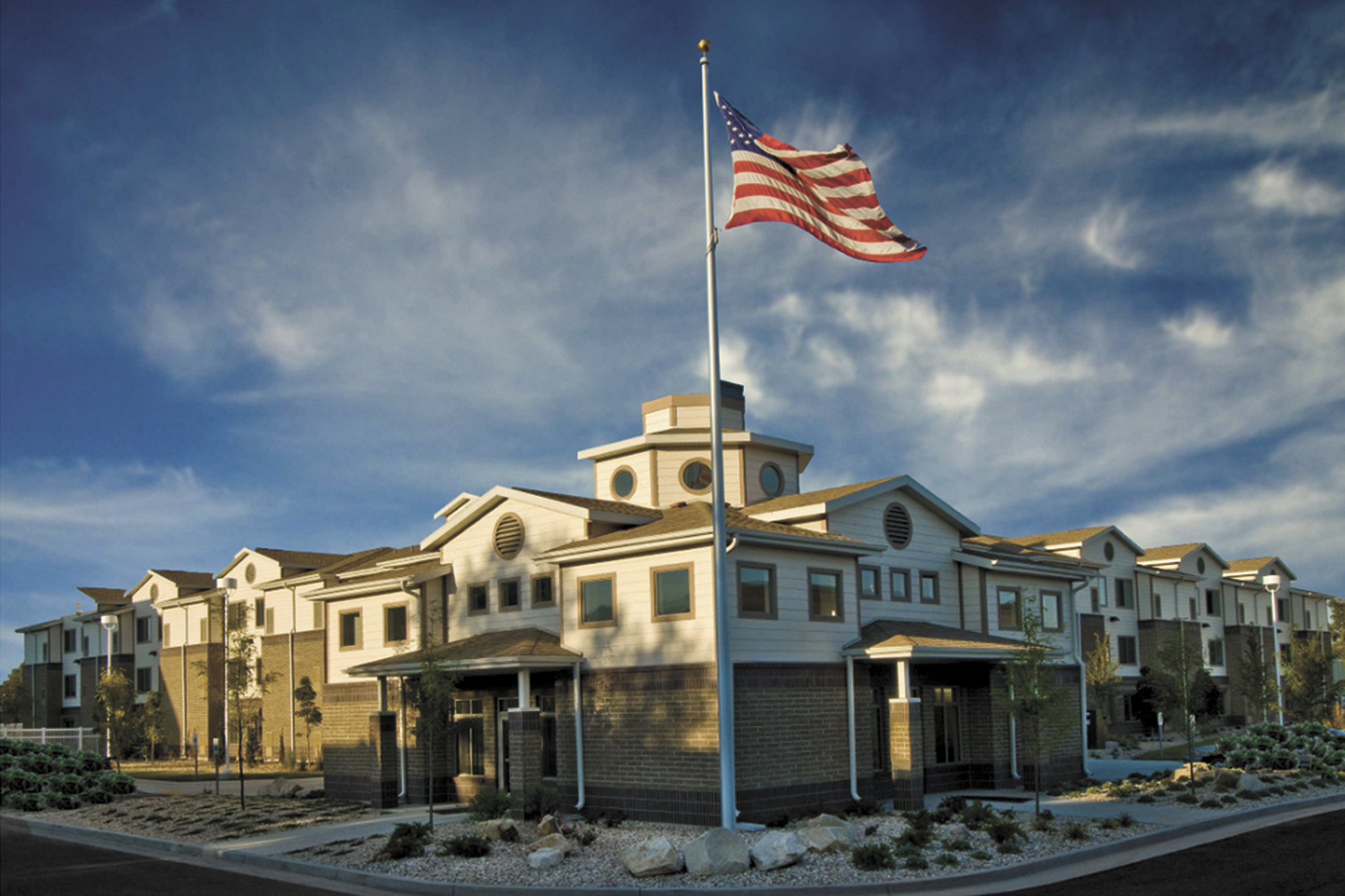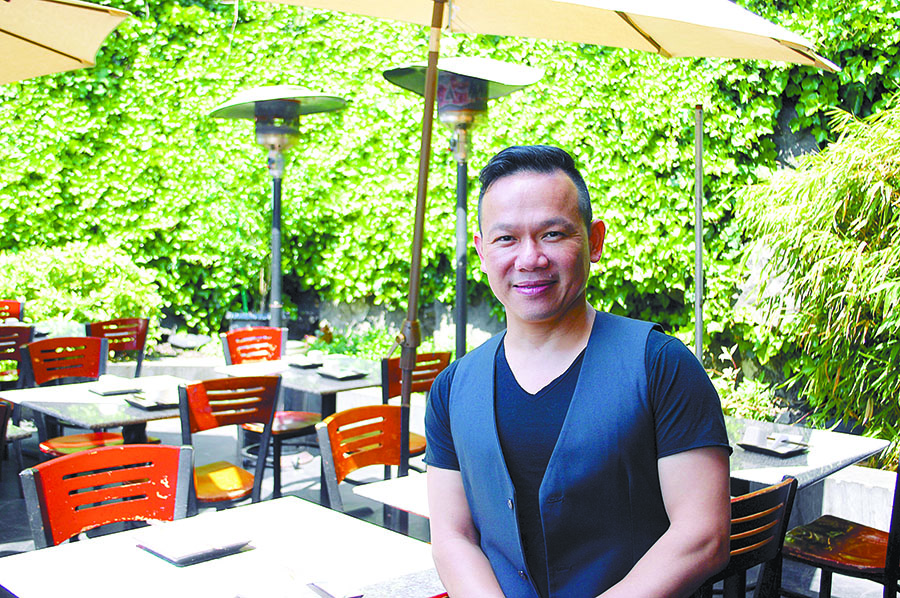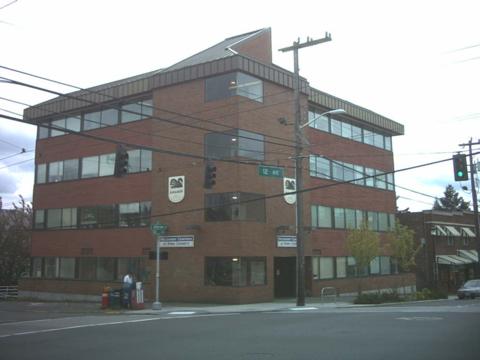Few places are as unremarkable as Fife, this industrial burb scattered along Highway 99 east of Tacoma. If it weren’t for the Poodle Dog diner and the Memorial Fountain, once a drinking trough for thirsty cargo-bearing horses, there would be little to distinguish this small city (pop. 9,290), aside from its surfeit of car dealerships, cheap motels, and drive-through smoke shops.
But now, at last, Fife is poised to seize its 15 minutes of fame. If only the town’s namesake William J. Fife, an American lieutenant colonel in the battlefield during the Philippine Insurrection of 1898, were around to see it.
On July 8, the day Washington state’s very first weed shops opened for business, making good on the passage of Initiative 502, the Fife City Council voted 5-2 to establish an outright ban on all pot retailers, producers or processors, from operating anywhere within the 5.83 square miles that comprise the city. This was hardly breaking news, as nearly 50 other municipalities in the state have enacted bans, moratoriums, or restrictive zoning to stave off voter-sanctioned recreational marijuana.
What’s new—and has the potential of blowing up I-502—is the city’s argument that says the state law is invalid because federal prohibition of marijuana trumps the initiative. And since the U.S. government classifies marijuana as a Schedule 1 narcotic, Fife, whose residents voted 53 percent in favor of I-502, is saying it cannot be forced to open retail pot outlets until federal law is changed.
I wish the language in the law would have been clearer, but the fact is, marijuana is still a felony under federal law
“If the court finds I-502 is preempted by federal law,the marijuana legalization effort will be destroyed”
Attorney General Bob Ferguson’s office announced last week that it will “vigorously” fight the federal preemption argument. In an interview with Seattle Weekly, Ferguson said if Fife is successful in making its case, “than that could eviscerate the state law and I-502 could be dismantled.”
Ferguson continued. “This is something we’ve been preparing for for some time. We knew this day was inevitable.”
Pierce County Superior Court Judge Vicki Hogan is expected to hear arguments in the case on Aug. 29.
In mid-January, Ferguson handed down a very important (and controversial) opinion, declaring that individual cities and counties can ban the growing and selling of recreational marijuana, and could, if they chose to, opt out of abiding by I-502, which established a certain number of store licenses in all of the state’s 39 counties with the idea that the law would only work if all the state’s residents had reasonable access to recreational pot. (Colorado’s recently implemented legalization measure permits local jurisdictions to opt out of the pot law and disallow cannabis businesses in their towns—and many jurisdictions, including Colorado Springs, have done just that.)
But Ferguson stressed in January that it was only an opinion and that final interpretation of the law—which was approved by Washington voters in Nov. 2012 by a 56 to 44 percent margin—would come from a court ruling.
As he wrote: “Although Initiative 502 establishes a licensing and regulatory system for marijuana producers, processors and retailers in Washington State, it includes no clear indication that it was intended to preempt local authority to regulate such business. We therefore conclude that I-502 left in place the normal powers of local government to regulate within their jurisdictions.”
For nearly a quarter of a century, Loren Combs has served as the Fife’s city attorney, and unquestionably, this is one of the most intriguing cases he’s ever litigated. “I wish the language in the law would have been clearer, but the fact is, marijuana is still a felony under federal law,” said Combs. “The easiest thing the judge can do is to allow the City of Fife to opt out of the law. That would be a victory for my clients. But if the judge rules that the attorney general is wrong and that a municipality cannot opt out, well then, things will get interesting. I hope it doesn’t come to that.”
Nor does the attorney general. “If the court finds I-502 is preempted by federal law, and it is upheld on appeal, the marijuana legalization effort will be destroyed,” Ferguson said.
Meanwhile, represented by the ACLU of Washington, three state-licensed marijuana business owners—Downtown Cannabis Company, a producer and processor in Pacific; Monkey Grass Farms, LLC, a producer and processor in Chelan County; and Rainier on Pine, a retail store in Tacoma—moved last week to intervene in a lawsuit challenging the City of Fife’s ban on marijuana operations. The owners say the City of Fife’s ban on legal marijuana operations within the city is unconstitutional and is preempted by state law.
“We are intervening in this case to ensure that Washington’s marijuana law goes forward as the voters intended when they adopted it,” said Alison Holcomb, ACLU of Washington criminal justice director and the author of I-502. “Federal law does not preempt our state’s marijuana law, nor can individual cities opt out of state law.”
Attorney General Bob Ferguson raised the option for cities to opt out of I-502. Photo by Joe Mabel via wikimedia
Douglas Hiatt, an impassioned criminal defense attorney and founder of Sensible Washington—a non-profit political committee devoted to repealing cannabis prohibitions for adults and shedding light on “the failed drug war”—said he believes Attorney General Ferguson is going to lose the preemption argument.
“The federal law is super clear on marijuana,” said Hiatt, “and I think there’s a very high likelihood this [I-502] is not going to fly under federal law. We need to change the law at the federal level.”
On July 9, days after the City of Fife voted for the pot ban, prospective weed retailer Tedd Wetherbee, owner of Graybeard Holdings, made good on his threat to sue the city if it went ahead with the ban. Wetherbee had secured two lottery slots to open stores in Gig Harbor and in Fife. But then, even though he had the necessary state retail license in hand and was ready for a grand opening of The Gallery in Gig Harbor, the city enacted a six-month moratorium.
“And in Fife, I had everything lined up to open up a store [at 4500 Pacific Highway]. All I needed was to have had the premises inspected so I could get the license, and then they vote for a ban,” recounted Wetherbee. “The city had no concern for the voters, who voted 53.15 percent for the law. It was all about personal ideology, mainly from [Mayor] Tim Curtis.”
Curtis, a semi-retired bookkeeper who was appointed mayor by the council in January, refused to comment, saying only, “I’ve been advised not to say anything because of pending litigation.” Messages left with several other council members went unanswered. Could be they were at the Poodle Dog.
econklin@seattleweekly.com








